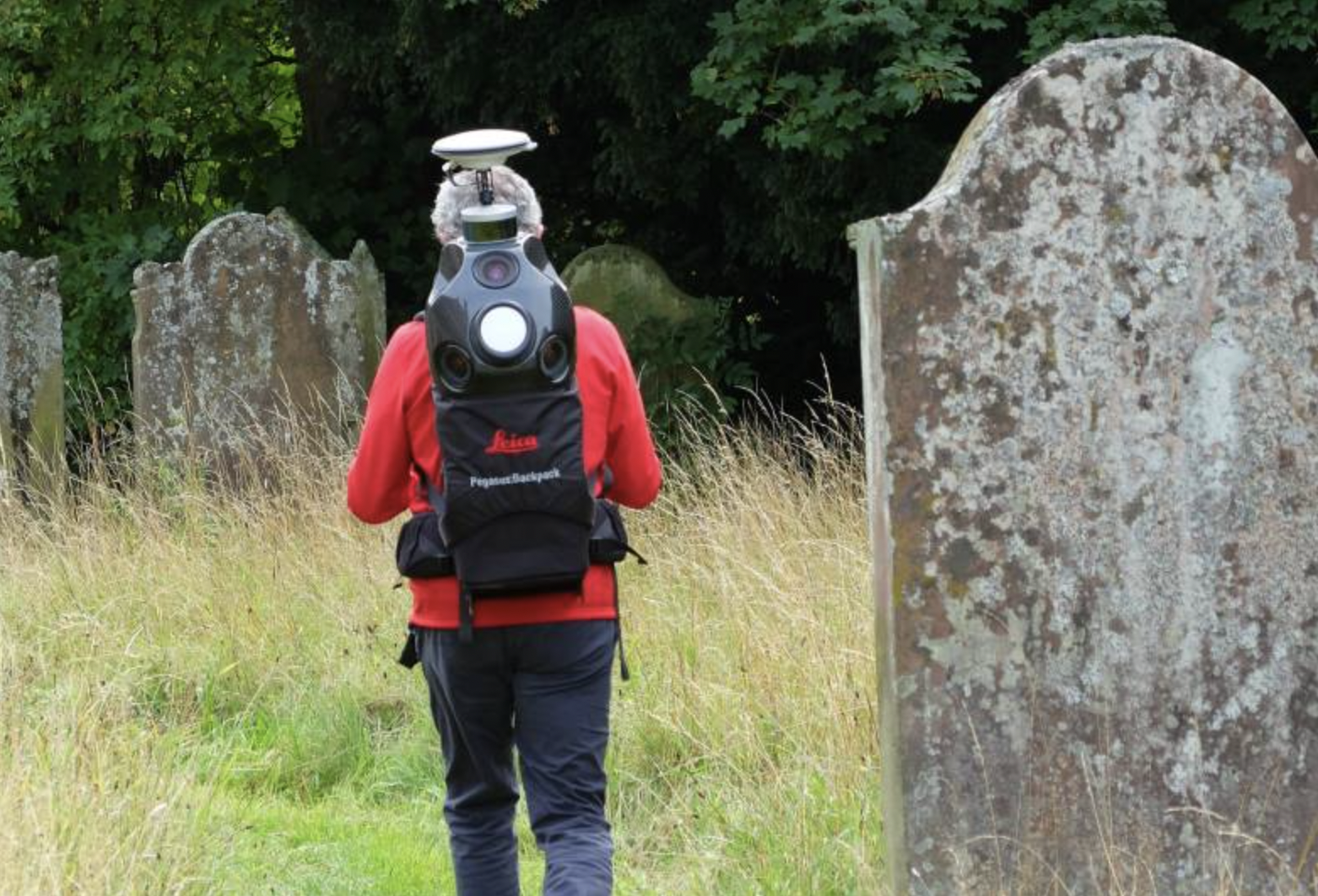Parishes should be told not to sign up to the National Burial Grounds Survey because of the risks, including of the data being sold to the Mormon Church, the General Synod agreed, reports the Church Times.
Voting in favour of a motion brought by the Archdeacon of Blackburn, the Ven. Mark Ireland, members asked that the Archbishops’ Council work with the College of Archdeacons to address multiple concerns about the survey.
Announced in 2021, the National Burial Ground Survey project aims to digitise all burial records and survey and map all churchyards in the Church of England. The project is to be delivered by the Church of England in partnership with AG International Ltd (formerly Atlantic Geomatics).
Consent from each PCC is required in relation to all elements of the project, including the scanning of parish registers. It aims to create an online plan of every churchyard and parish church, and an online photo of every tombstone and memorial plaque, free to all parishes through the Church Heritage Record.
The scheme was relaunched in February, after the Archbishops’ Council renegotiated terms. Introducing his motion on Sunday — a following motion after discussion of the Archbishops’ Council’s annual report — Archdeacon Ireland welcomed the recent changes.
In 2021, he warned that the actual scanning of records was to be undertaken by one of AG’s partners, FamilySearch, which is owned by the Church of Jesus Christ of Latter-day Saints. The project would give the Mormon Church “preferential access to every churchyard and all our registers and records”, he said, which would enable them to use this data “for theological purposes that are completely contrary to the teaching of the Church of England”. Its aim was to baptise people after they had died into the Mormon Church, with the help of a relative.
While recognising that Atlantic Geomatics was no longer formally a partner of FamilySearch, he warned the Synod that AG would still have copyright ownership of the images collected, with the right to sell this data to third parties, including the Mormon Church.
Another concern was “data creep”: it would not only be burial records that were scanned, but also every baptism and marriage register, and every monument in the church. This data could be sold on to other parties. “Privatising parochial records, and giving a private company the exclusive right to sell on personal data for profit is wrong,” he told the Synod.
There were also safeguarding implications: baptism registers held information about children, including material that was “highly sensitive in the case of looked-after children”. His motion had been seconded by four other archdeacons and indicated a “deep disquiet” among them.

